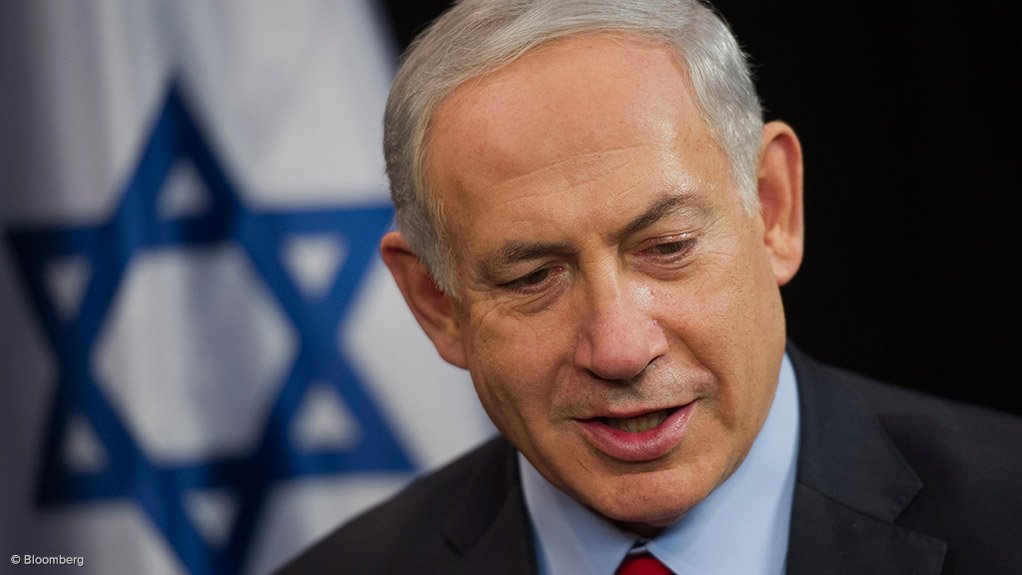Israeli Prime Minister Benjamin Netanyahu has dismissed as "false and preposterous" South Africa's allegation that he incited genocide in a speech, saying the charge reflects historical ignorance.
Meanwhile, Canada has seemingly switched sides in the legal fight between SA and Israel at the International Court of Justice (ICJ), saying its initial comments had simply been misunderstood.
Both attempts at clarification came as the World Court, as the ICJ is also known, deliberates on SA's request for immediate intervention to prevent what it says is ongoing genocide in Gaza. After a hearing late last week, the court promised an urgent ruling on the need for and what kind of emergency measures may be required. When it ordered such provisional measures in the case of Ukraine vs Russia, those came nine days after it heard argument.
'Amalek' is anti-genocide, says Netanyahu
South Africa told the ICJ that Netanyahu had called for genocide with references to Amalek, the archetypal enemy of Jews since biblical times.
By telling Israeli soldiers to "remember what Amalek has done to you", said South Africa, Netanyahu had invoked a biblical command in which God ordered the Amalekites to be wiped out down to their infant children and livestock.
In a statement about that accusation on Tuesday, which never mentioned South Africa directly, Netanyahu called its interpretation absurd.
"The Amalekites mercilessly attacked the Children of Israel after the Exodus from Egypt," said his office. "The comparison to Amalek has been used throughout the ages to designate those who seek to eradicate the Jewish people, most recently, the Nazis.
Netanyahu pointed to the use of the same phrase in Israel's Yad Vashem holocaust museum, in a memorial – in The Hague, home to the World Court – to Dutch Jews murdered by the Nazis.
When he spoke of Amalek, Netanyahu said, he was describing the attack by Hamas on Israel, "and the need to confront them".
The statement did not deal with South Africa's contention that Netanyahu's Amalek reference was used by soldiers, and one famous singer, in what SA considers justification of genocide in Gaza.
'Does not mean' that, says Canada
Also earlier this week, Canada appeared to swing from dismissing South Africa's case at the ICJ to support for the legal process – but only because it had been misinterpreted in the first place, its government said.
In their initial reactions to South Africa's case, both Canada's Prime Minister Justin Trudeau and its foreign affairs minister, Mélanie Joly, appeared to say they did not accept South Africa's allegation of genocide in Gaza.
"Support for the process and the institution does not mean, per se, that we support the premise of the issue brought forward by South Africa," Trudeau said.
"Canada's unwavering support for international law and the ICJ does not mean we accept the premise of the case brought by South Africa,” said Joly.
Pro-Israel groups in Canada, members of Canada's government, and many media outlets took that as a rejection of the case.
But, the federal government told broadcaster CBC News, the wording had been crafted to show that Canada supported the ICJ case being heard, as well as the work of the court more broadly, and it was not rejecting SA's claim of genocide – but was not pre-empting the outcome of the case either.
Britain, the USA, and Germany reject South Africa's allegations outright, but Canada has now signalled – or signalled more clearly – that it will abide by the finding of the World Court.
EMAIL THIS ARTICLE SAVE THIS ARTICLE
To subscribe email subscriptions@creamermedia.co.za or click here
To advertise email advertising@creamermedia.co.za or click here











